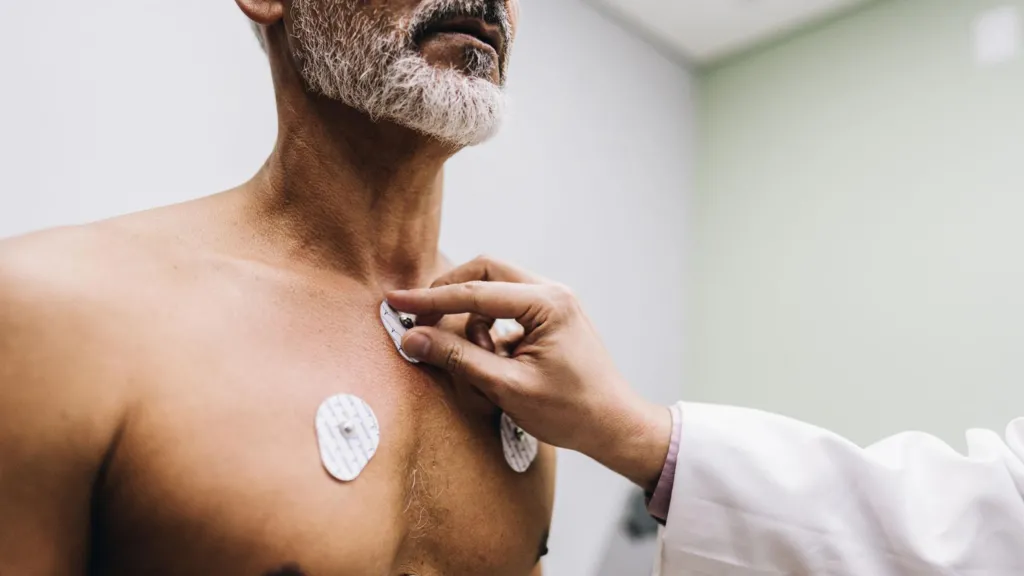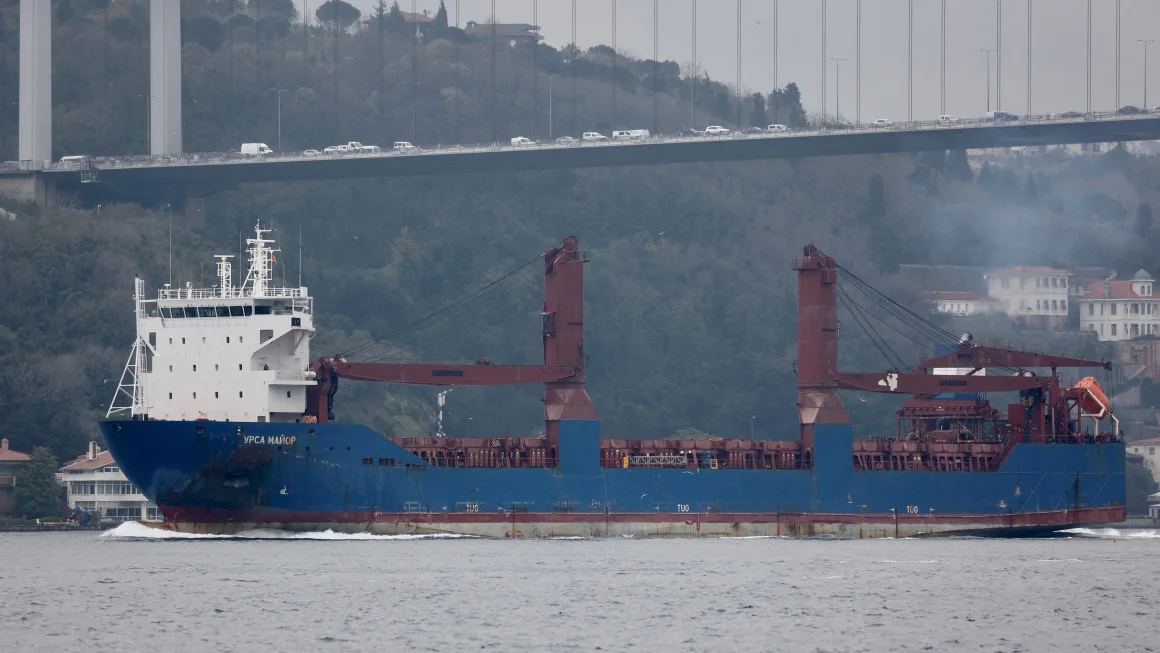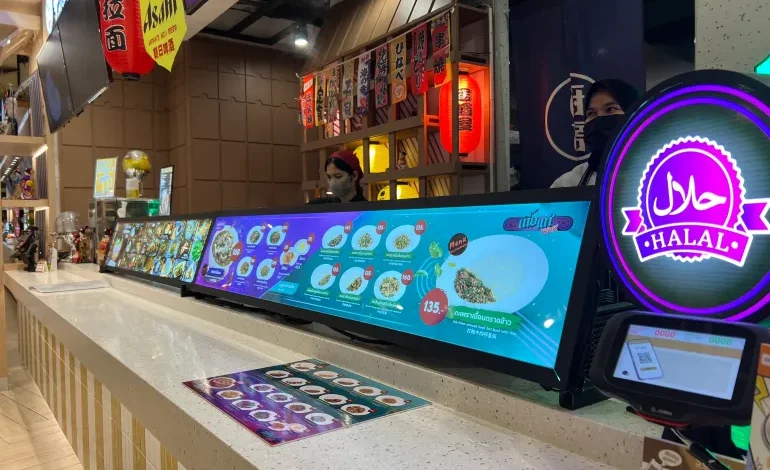Wanitcha Amkham, a Muslim street vendor in Bangkok, has built a loyal following for her generations-old roti recipes. Her stall, which rotates between different food markets throughout the week, offers halal-certified pan-fried dough filled with everything from banana and cheese to chicken and onions. But recently, Amkham has noticed a growing concern: the misuse of the halal label by other vendors, Al Jazeera reports.
This concern is not unique to Amkham. As Thailand seeks to boost its tourism-reliant economy by capitalizing on the burgeoning global halal market, the integrity of its halal certification system is coming under scrutiny.
While Thailand boasts 15,000 halal-certified companies, 166,000 halal products, and 3,500 halal restaurants, concerns remain over the potential for fake halal products, particularly in informal markets. Analysts warn that this could erode the trust of Muslim visitors and countries, jeopardizing the success of Thailand’s ambitious plans.
In July, the Thai government unveiled a four-year action plan to promote Thai halal products and strengthen industry standards. This includes the proposed creation of a “halal valley” in the country’s Muslim-majority southernmost provinces, aimed at becoming a central hub for halal goods production.
Despite these efforts, the lack of consistent enforcement and potential for misuse within informal markets present a significant challenge. The halal certification process, while essential for building trust, is not without its costs. For small operators, like Amkham, certification can cost upwards of 10,000 baht ($300), with additional fees for periodic checks, extensions, and documentation.
This financial burden, coupled with the potential for mislabeled products, raises questions about the long-term sustainability of Thailand’s halal industry. While the country currently ranks as the third-largest exporter of halal goods to the Organisation of Islamic Cooperation (OIC) countries in Southeast Asia, securing its place as a reliable halal supplier will require a commitment to stricter enforcement, increased awareness, and a focus on supporting small businesses.
The global halal market is expected to reach $3.3 trillion by 2024, fueled by a growing Muslim population projected to reach three billion by 2060.









